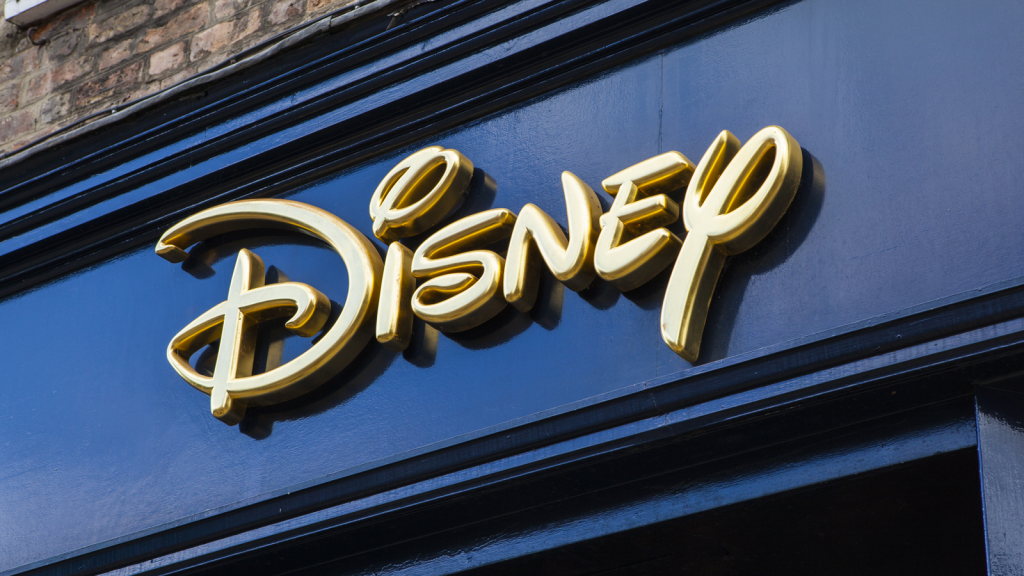
Disney (NYSE:DIS) reported strong fiscal fourth-quarter results last week, but that’s not what makes its stock a buy. There is likely to be more bad news in the quarters ahead that will make this report seem like a one-off. Buying the stock now because it had a single good quarter will see you dumping shares at the first sign of weakness down the road.
Yet you should be buying Disney stock now, anyway. Despite the problems still on the horizon, the long-term outlook remains positive. So even though it had a good quarter now, that’s not enough, but Disney can repeat the good news later on. In the meantime, you’re buying in at a discounted price. So read on to see why those seemingly contradictory statements actually make sense.
Box office kryptonite
Disney used to be box office gold, but a string of releases flopped. The Marvels just opened to a $47 million first-weekend take, the lowest of any movie in the 33-film franchise. It is likely the film will never make a profit let alone recoup its estimated $220 million production budget. Before that, the live-action remake of The Little Mermaid was a failure, too.
Although it earned $570 million globally, it likely didn’t make Disney a profit either. Its budget was a whopping $300 million. The rule of thumb in Hollywood is a film needs to at least double its production budget to break even. That’s because studios have to split the box office with theaters. And that doesn’t include the marketing that goes into a film.
Disney reportedly spent another $140 million to market the film worldwide. The live-action remake of Snow White is also steeped in controversy and its release was pushed back to 2025.
Certainly, superhero fatigue is hurting the studio, but it’s not the only thing. Disney clearly lost its way and productions cost way too much.
It’s not much better at the Disney+ streaming division either. A host of shows are getting canceled as CEO Bob Iger cracks down on the money being spent. Disney plans to save $7.5 billion in expenses compared to the previously planned $5.5 billion in savings. Iger said one of the four pillars of righting the Disney ship will be “improving the output and economics of our film studios.”
Yet Disney+ saw subscriber growth, though that was virtually all in international markets where 6.4 million new subscribers were added. The U.S. saw about a 1% increase.
Theme parks are less entertaining
Disney theme park attendance levels are down. Disney World is a “ghost town.” High prices are part of the reason. The cost of an annual pass is rising and parking fees are going up too, making it a more expensive place to visit. Yet those higher prices helped lift segment revenue 5% and operating profits by 9% year over year.
Disney World went up again tough comparisons from last year, making this year’s results seem less impressive. But Iger noted the investments it’s making in its parks are paying off. “Over the last five years, return on invested capital has nearly doubled in our domestic parks,” he said.
Iger intends to turn around Disney by “turbocharging growth in our parks and experiences business.”
So why buy DIS stock?
If you’re just looking in the rearview mirror, then Disney stock is not one to buy. It’s been terribly managed with a lot of bad choices made. In many respects, Disney is even doubling down on a lot of those mistakes. It keeps green-lighting new live-action remakes, for example.
Yet Iger’s cost-cutting will have an effect. Forcing executives to justify their bloated budgets is good for the business. Wading into the culture wars was an ill-advised decision, but Disney has incredible goodwill built up with the public from decades of wholesome entertainment.
Disney stock bounced sharply higher after the earnings report, though it’s still down 23% from recent highs. As the entertainment king puts more effort into its turnaround plan, the shares represent a good value at this level. Confidence that Iger can right the listing ship will make DIS stock a long-term buy-and-hold stock.
On the date of publication, Rich Duprey did not hold (either directly or indirectly) any positions in the securities mentioned in this article. The opinions expressed in this article are those of the writer, subject to the InvestorPlace.com Publishing Guidelines.






